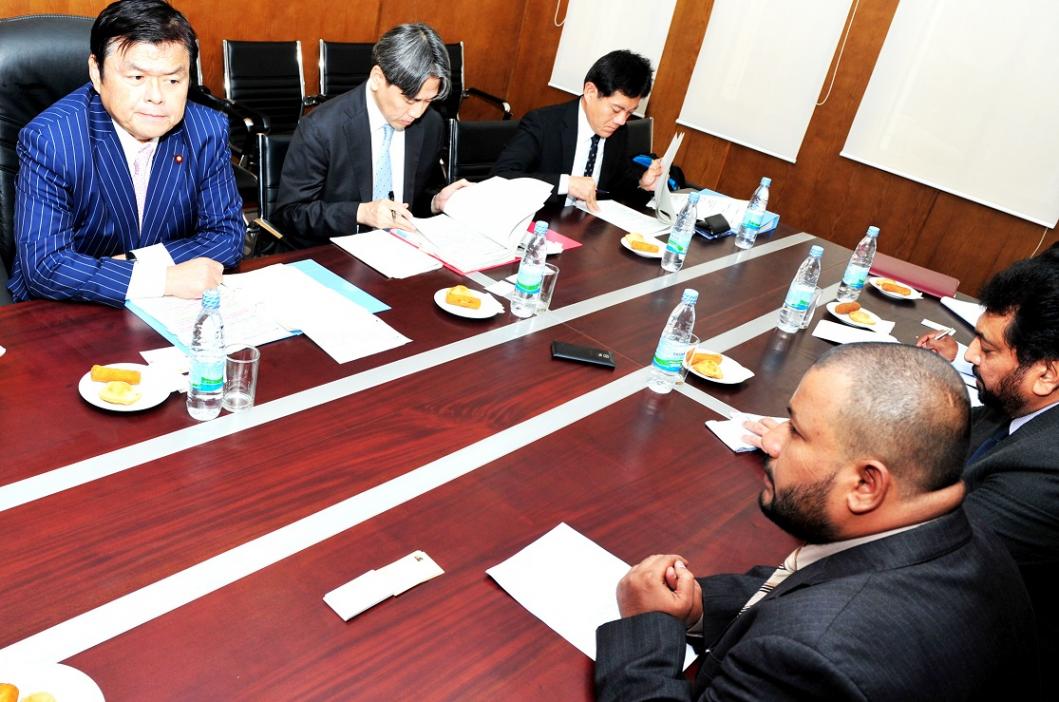Japan, Sri Lanka push for trade treaty
Tax News | 06 August 2014
Japan, Sri Lanka push for trade treaty
by Mary Swire, Tax-News.com, Hong Kong
During their recent meeting in Colombo, the proposed Economic Partnership Agreement (EPA) between Japan and Sri Lanka was the main topic of conversation between Rishad Bathiudeen, the Sri Lankan Minister of Industry and Commerce, and the Japanese Senior Vice Minister of Economy, Trade, and Industry, Kazuyoshi Akaba.
Sri Lanka’s Department of Commerce (DoCSL) initiated the EPA talks with Japan earlier this year. Two preparatory meetings have already been held and market access proposals have been put forward.
With total trade between the two countries already increasing from USD566m in 2004 to USD894m last year, Akaba commented that: "In terms of country risk and future potential, I believe Sri Lanka is quite promising. We consider that free trade agreements (FTAs) and EPAs are very useful means to promote trade. Mere conclusion of trade treaties alone, however, is not sufficient for better trade. What is important is to develop a very robust foundation here – foremost, the necessary infrastructure and also an investor friendly environment. … I am hopeful that we can jointly go for win-win relationship."
Bathiudeen replied that Sri Lanka already has "FTAs with India and Pakistan and discussions are under way for an FTA with China. Sri Lanka wishes to considerably expand trade and economic cooperation with Japan and it is time for a trade agreement between the two countries. ... We especially invite Japanese investors into our apparels, ceramics, light engineering, leather products, food processing and tourism [sectors]. Already 141 Japanese business enterprises are active in Sri Lanka."
According to the DoCSL, Japan is presently the ninth largest destination for Sri Lanka’s exports with a share of two percent, while Japan ranks at sixth by supplying four percent of Sri Lanka’s total imports. The top three Sri Lankan exports to Japan in 2013 were tea, apparel, and seafood, while more than half of its imports from Japan were motor vehicles.






